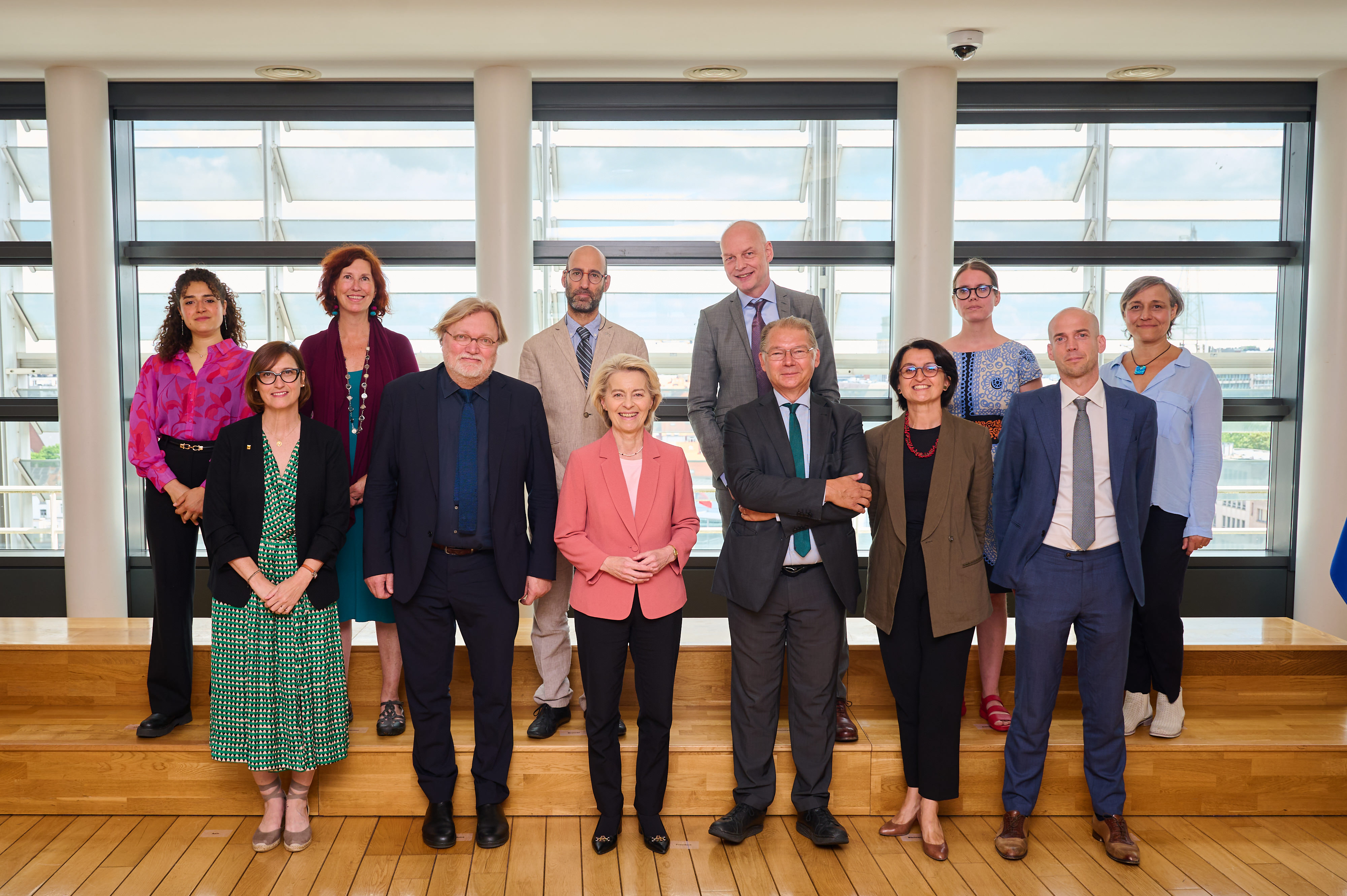Today, directors of the Green 10, of which HEAL is a member, met with European Commission President von der Leyen and shared civil society’s recommendations for policy action.
Air pollution is the number one environmental threat to health in the European region and globally, leading to 400,000 premature deaths and hundreds of billions of euros in health costs in Europe each year.
There is a large body of evidence on how air pollution harms health. Poor air quality is a leading risk factor for chronic disease including heart and lung diseases or cancer.
In the past years, studies have especially pointed to children being particularly at risk of harm by polluted air, given that their heart, brain and nervous systems are still developing. Their health can already be affected before birth, with lifelong consequences.
Air pollution is largely preventable and EU air quality standards – especially legally binding limit values – have proven to be instrumental in reducing pollution. The EU Ambient Air Quality Directives are the cornerstone of the EU’s clean air policies, setting standards for air quality to protect people’s health.
The Health and Environment Alliance (HEAL), the leading European not-for-profit organisation addressing how the natural and built environment affects health in the European Union, welcomes the publication of the Commission’s inception impact assessment for the revision of the ambient air quality directives (AAQD). This publication is the long awaited first step of the legislative update urgently needed for health protection from ambient air pollution, recognized through the EU Green Deal’s commitment to a zero pollution ambition for a toxic-free environment.
In view of the revision, HEAL would like to underline the following: :
1. Full alignment of EU standards with latest available science is overdue The current EU AAQD standards are the result of an outdated political compromise that does not reflect the latest science embodied in the WHO guidelines. Currently, WHO is revising its air quality guidelines and expects to publish the outcome of this thorough scientific process in 2021. Thus, the EU legally binding limits for air pollutants should use and be as strict as these WHO regularly updated guidelines.
2. Swift legislative process reflecting the urgency to act is needed The completion of the legislative process by the European Commission and the EU co-legislators should result in the health benefits of the EU Green Deal being breathable by the end of the current legislature 2019-2024, in order to reflect the latest available science and answer the high public demand for effective policy action in air pollution prevention.
Feedback here


